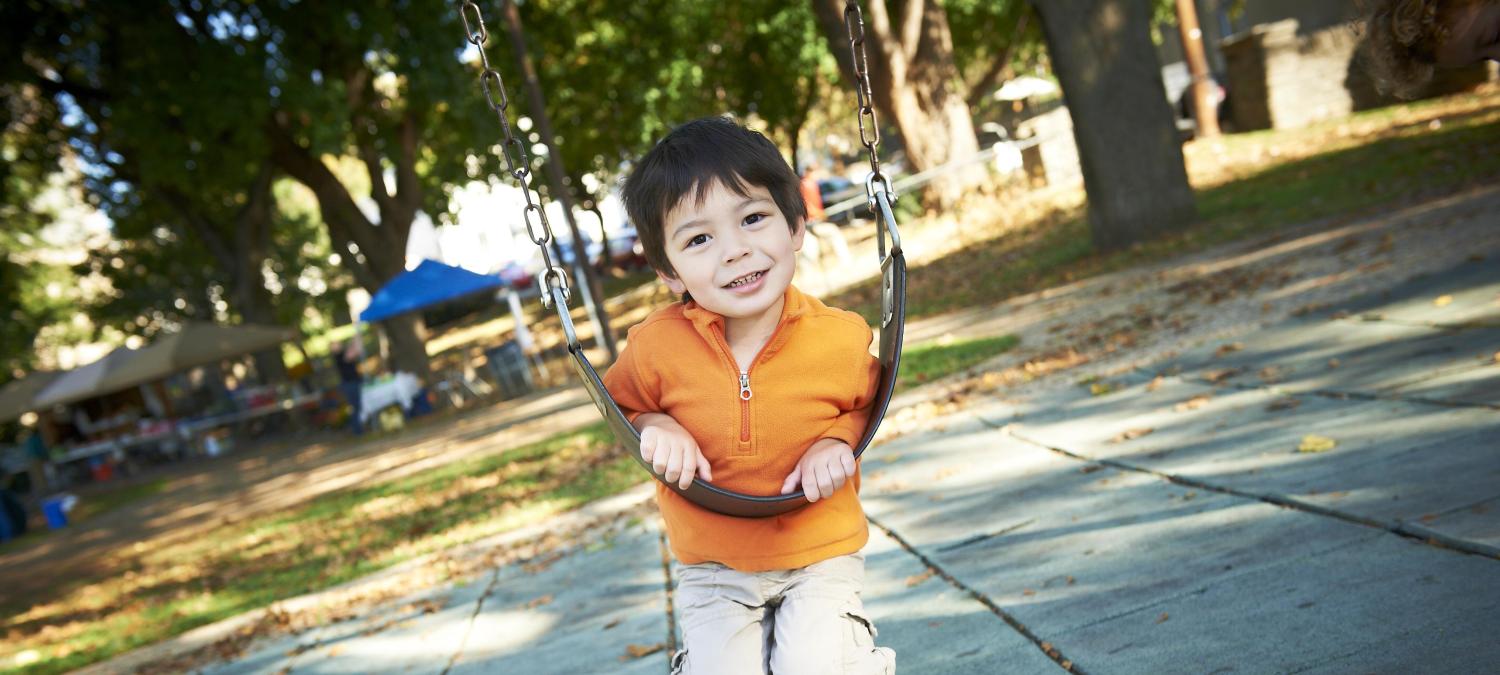

Publications
Search Tips
- Jun 2019
Asthma is the most common chronic condition among children with high-frequency emergency department (ED) utilization. Previous research has shown in outpatients seen for asthma that acute care visits predict subsequent health care utilization. Among ED patients, however, the optimal…
- Jun 2019
BACKGROUND: Given the prevalence and consequences of adolescent depression, depression prevention has become an important area of research. While prevention programs like Interpersonal Psychotherapy - Adolescent Skills Training (IPT-AST) have demonstrated effectiveness, little…
- Jun 2019
This paper describes implementation (fidelity, perceived acceptability) and tier 1 and Tier 2 outcomes of school‐wide positive behavior interventions and supports approach including mental health supports at Tier 2 in two K‐8 urban schools. Interventions for Tier 2 consisted of three…
- May 2019
Health-related quality of life (HRQoL) measures serve as important indicators of pain-related physical and psychosocial function in youth with juvenile fibromyalgia syndrome (JFMS). While the administration of parent-proxy reported HRQoL measures in the assessment of JFMS is common,…
- May 2019
Quitlines are effective in helping smokers quit, but pediatrician quitline referral rates are low, and few parents who smoke use the service. This study compared enrollment of parents who smoke in the quitline using electronic referral with that using manual referral. The study was…
- May 2019
OBJECTIVE: To identify key questions for emergency medicine (EM)-based adolescent sexual and reproductive health and to develop an evidence-based research agenda. METHODS: We recruited national content experts to serve as advisory…
- May 2019
In 2011 the NHLBI and AAP concluded that both familial and obesity associated dyslipidemias increase cardiovascular risk and recommended universal cholesterol testing at ages 9 - 11. It remains unknown whether testing influences body mass index (BMI) trajectory, a key modifiable…
- May 2019
Human papillomavirus (HPV) vaccine has been recommended for male patients for the prevention of genital warts and precancerous anal lesions since 2009. Our objective was to characterize race and insurance-based disparities in HPV vaccine completion among male patients who initiated…
- May 2019
Children's hospitals must provide developmentally appropriate care to increasing numbers of young adults with complex healthcare needs as they transition to adult-oriented care. This article describes the patients, service, and short-term outcomes of an interprofessional healthcare…
- May 2019
Our objective was to explore knowledge, attitudes and beliefs about pregnancy and contraceptive decision-making among reproductive-aged women with cystic fibrosis. In this qualitative study, we used purposive sampling of reproductive age women enrolled in the Adult Cystic Fibrosis…